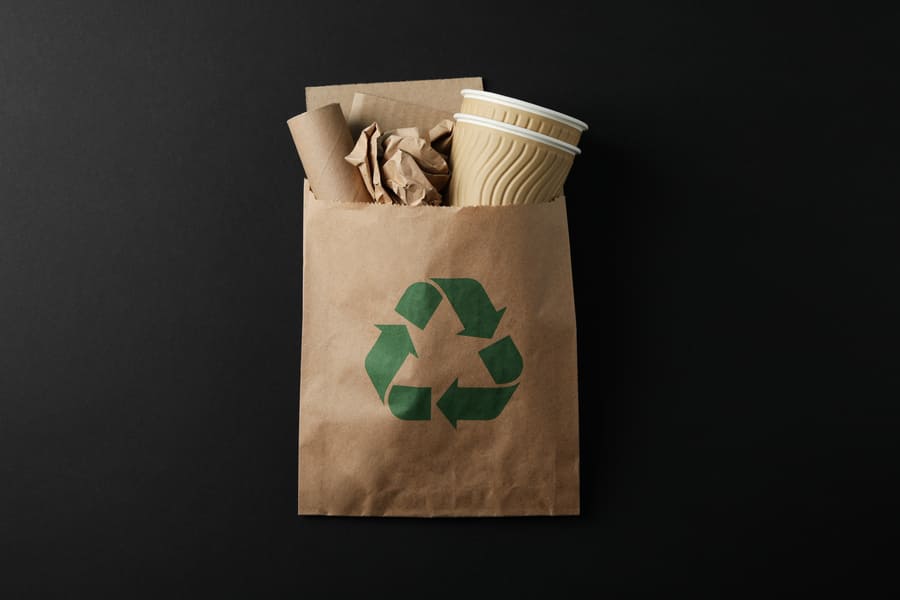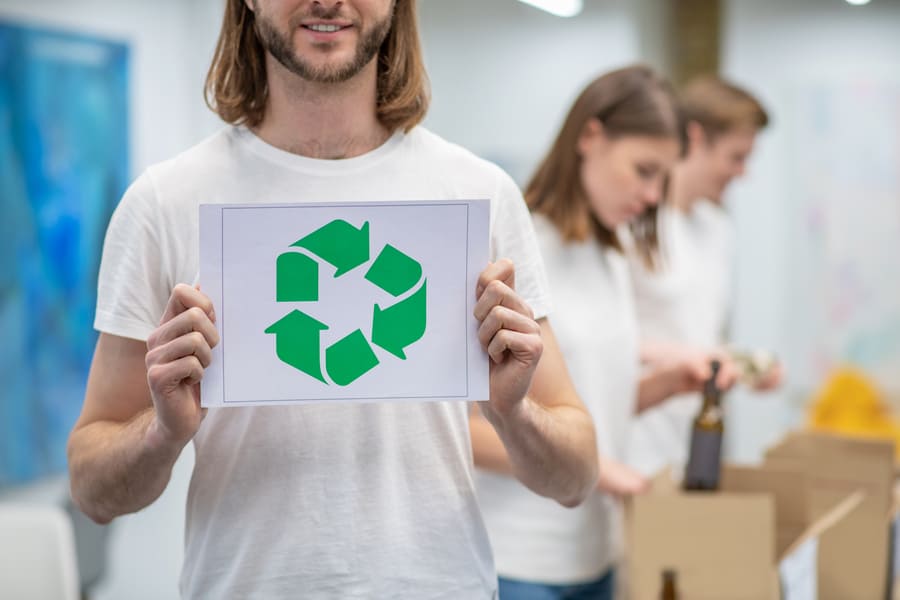Circular economy: what it is and best principles
The circular economy is an economy based on recycling. It is a way of managing waste that aims to minimize the environmental impact. According to the economy, all materials have value and must be used as efficiently as possible.
So it is essential to know more about the subject to be able to apply it in our day to day, because it has many benefits for both the environment and the rest of life on the planet. Precisely, in this article, we are going to explain what the circular economy and why it is important for our future.
What is the circular economy?
The circular economy is a business model in which waste is minimized and the value of resources is maximized. Instead of having a “linear” system (take-make-throw), the circular economy has a “cyclical” model (take-make-take). That is, it seeks to conserve and reuse resources instead of throwing them away. In addition, it is sought that the products and materials are designed to last longer. It can also be applied to other fields, such as the digital economy or the collaborative economy.
Importance of the circular economy
The economy is valuable because it allows money to be made from recycling. It also helps reduce the amount of waste that is generated, which is good for the environment. In addition, it promotes the use of recycled and reusable materials, which is a more sustainable way of producing goods.
It also has the benefit of generating employment and reducing energy consumption. The circular economy is a strategy to improve the environmental and economic performance of a country. It is important to promote and promote it, since it contributes to the sustainability of the planet.
Other relevant advantages are the fight against climate change and the conservation of natural resources. As well as an opportunity to innovate and generate new clean technologies. Therefore, it is important to consider the circular economy when making decisions about sustainable development.
How does the circular economy work?
It works in a circle, rather than a straight line. In a linear economy, resources are extracted from nature and converted into products that are sold to consumers. Products are used and then thrown away.
In a economy, resources are extracted from nature and made into products that are sold to consumers. Products are used and then recycled back into new products. Resources are kept in a constant cycle instead of being extracted, used and thrown away, which is why it is called a circular economy.
Best principles of the circular economy
The rules that govern the economy are based on several fundamental principles:
- Reduction of waste and dependence on natural resources: the objective is to produce more with less. It is about designing products and processes that are sustainable from an environmental point of view and that are capable of reducing the consumption of natural resources.
- Reuse and recycling: is one in which the materials used in the production of goods and services are reused or recycled.
- Responsibility: Businesses and consumers should be responsible for the products they buy and use, to ensure they can be recycled or reused
- Repair, refurbish, remanufacture: Here products are not thrown away when damaged or expired, but rather repaired, refurbished or reuse to give them a new life.
- Recover and regenerate: The aim is to extract the maximum value from natural resources and regenerate them so that they can continue to be used.
These are the fundamental principles of the circular economy. Without a doubt, it is a model of a sustainable economy that offers many advantages, both for companies and for consumers.
Can I earn money from recycling?
The answer is yes. How to earn money from recycling? There are several ways, most of which are easy to implement. In fact, in Arizona, many citizens make a living by recycling, or just have it on the side.
- Sell recycled products, such as paper and cardboard
- Invest in a company that is dedicated to recycling.
- Create products from recycled materials. For example, inventing stationery items with recycled paper. Also make jewelry and accessories with plastic, glass and other material that you see useful.
- Sell recycling-related services, such as waste disposal or transportation of recyclable materials.
- Teach others about recycling and the environmental and economic benefits it brings.
- Offer an advisory service on how to recycle correctly.
As you can see, there are many ways to generate money from recycling. It doesn’t matter if you have a big business or just want to do something to help the environment; recycling is a great option.

Where can I sell recycled garbage?
In Arizona, the recycling business is booming. Because the state has a very large and diversified economy, there is a high demand for recycled products. Garbage producers can sell their recycled products to a variety of buyers, from large companies to small retailers.
Garbage producers can make a lot of money from recycling. In Arizona, garbage producers can earn up to $100 per ton of recycled garbage. This means that if you recycle a ton of garbage, you can earn $100.

For example, Juniors Recycling, a small recycling company in southern Arizona, sells recycled trash to a variety of buyers. If you want to sell your garbage and make money from recycling, you can start your own recycling business. Contact us and we will gladly advise you on the subject.
In short, the circular economy is very important for the environment and it is also a great way to make money. As well as helping the local and national economy. Therefore, recycling is a very crucial activity that we should all do. Hand in hand with Juniors Recycling we are in the task of promoting recycling and the circular economy.






